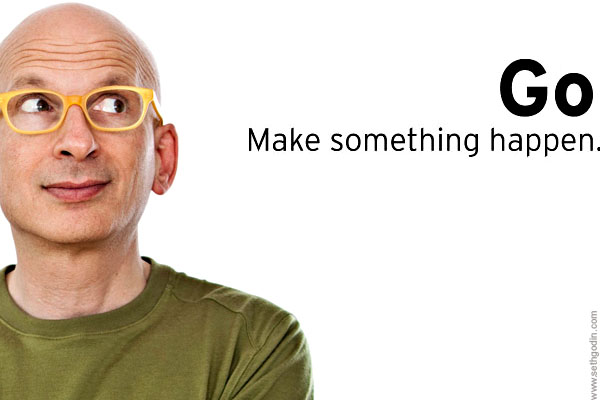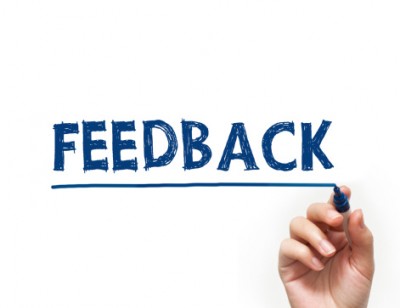“Talk about things that matter to people who care.”
-Jim Rohn, author and motivational speaker
The nugget of wisdom in today’s quote highlights two of the most significant elements of success.
By focusing on more things that truly matter, we prioritize the important over seemingly urgent issues we encounter throughout the day.
Caring, supportive people provide needed ongoing counsel and occasional kicks in the butt. Their encouragement causes us to stretch and engage in the hard work needed to pursue and realize the goals and objectives that matter.
EXERCISE:
Who are the people in your life who care deeply about your success? How can you focus more of your interactions on the stuff of life that really matters?










